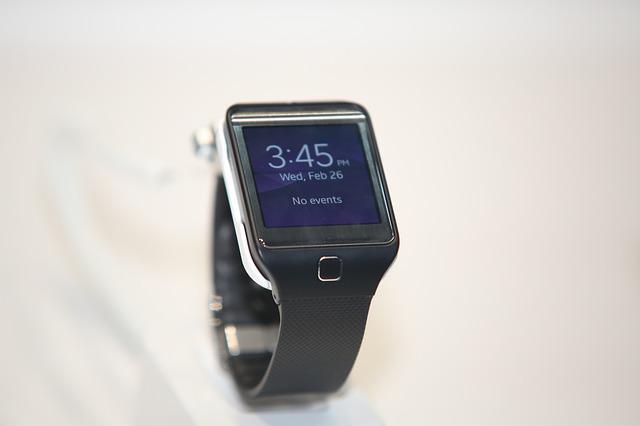Happy Friday, Health Tech enthusiasts.
Situational awareness: We’re off on Monday for Memorial Day. We hope you’ve got great plans for the long weekend, and we’ll be back to regular programming on Tuesday!
Despite surging demand for behavioral health services, funding for the mental health tech sector plummeted 60% from the last quarter of 2021 to this year’s first quarter, a recent report from CB Insights reveals.
Why it matters: Since the pandemic began, the number of people seeking behavioral health services has skyrocketed. Yet, even with a rise in the number of apps and tools available, demand has continued to outpace supply.
- The problem, already noticeable pre-pandemic, has only worsened in recent years.
- Young people in particular are suffering at levels worrisome enough to spur the American Academy of Pediatrics to declare the issue a national emergency last fall.
By the numbers: The behavioral health tech sector collected $792 million in the first quarter of the year, a significant drawback from the $1.96 billion raised in Q4 2021, the report’s authors found.
- The number represents the lowest funding level for the sector since Q4 of 2020.
- As a percentage of total digital health funding, the figure also fell, from 12% in Q4 of 2021 to 8% in Q1 of 2022.
- Still, U.S.-based startups raised more for telemental health than those in any other country, securing 84% of the total.
Context: The dip in telemental health funding comes as part of the larger downturn in financing for digital health, which had previously been on a decade-long tear.
- While it’s unclear exactly how the downturn in funding will impact companies in the sector, this quarter saw several behavioral health tech companies shutter including addiction treatment startup Halcyon Health and ADHD medication provider Ahead.
The other side: Despite the funding cut, several new types of mental health startups emerged this year, among them companies specifically for the workplace and young people. For example,
- Paraclete, maker of an employer-facing wellness offering, raised $1.5 million in pre-seed funding in February.
- Daybreak Health, a school-facing care startup, raised $10 million in Series A funds in March.
Some of the more established telemental health companies also raised large late-stage funding rounds in the first quarter of the year, including…
- Lyra Health raised $235 million in Series F funding in January.
- Brightline raised $105 million in Series C funding in March.
- Also in March, Brightside Health (no, not Brightline) raised $50 million in Series B funding.
The bottom line: While the drop in funding for mental health tech is concerning given the surge in demand for therapy, it is less surprising when considered as part of the overall funding downturn for digital health.









